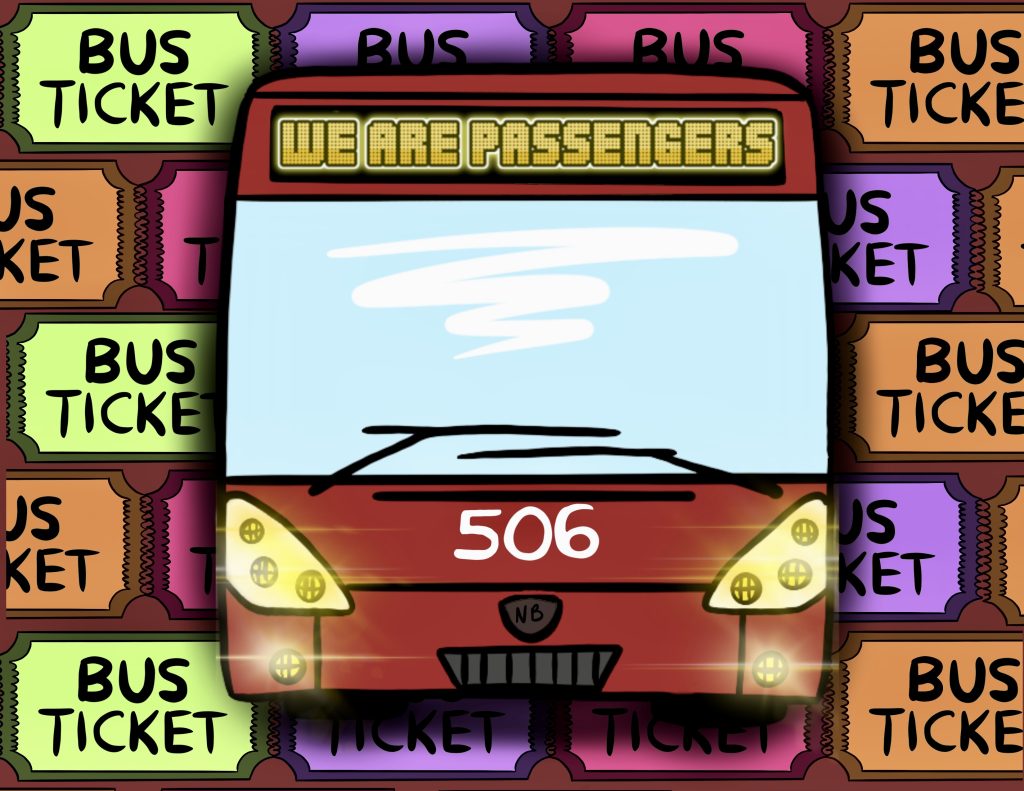A new ”affirmative action bill” is expected to be tabled by a New Brunswick advocacy group for people who are blind – called We Are Passengers – and The Canadian National Institute for the Blind. The bill is being introduced by PC MLA Greg Turner who represents Moncton south.
If passed, the private member’s bill would offer free transit fares for people who are blind and partly-blind in Moncton, Saint John, Fredericton, and Miramichi. “I would go out a lot more, if it didn’t cost me as much,” Rita Meehan, who is a member of We Are Passengers, told CBC.
There are 37,750 blind New Brunswickers. Being unable to legally drive in the province, blind and partially blind individuals rely on public transit to get to appointments, work, shop, volunteer, and socialize. Because of these barriers, many blind or partly-blind New Brunswickers face significant challenges finding employment, and many live in poverty.
Linda Nickerson, who is the volunteer executive director of Saint John’s Seniors’ Resource Centre, weighed in on the developments telling CBC, “a free bus pass would mean that people would be more active in their life. They would be more apt to… volunteer, to go to medical appointments.”
Marisa Hersey-Misner, the chairperson of We Are Passengers, told CBC she believes free transit for people like herself is protected under the Charter of Rights and Freedoms, and that’s why she’s fighting for the bill to be passed.
Canada has signed international treaties that require compliance to specific social protections, including the right to an adequate standard of living. The Convention on the Rights of Persons with Disabilities (CRPD) is one of those international treaties.
The CRPD entered into force in 2010.
Article 28(a) – Adequate standard of living and social protection states:
“States Parties recognize the right of persons with disabilities to social protection and to the enjoyment of that right without discrimination on the basis of disability, and shall take appropriate steps to safeguard and promote the realization of this right, including measures:
- a) To ensure equal access by persons with disabilities to clean water services, and to ensure access to appropriate and affordable services, devices and other assistance for disability-related needs.”
There are many international treaties that protect the rights of marginalized New Brunswickers, including those with visual disabilities, but implementation is key.
“I just hope that people will rally around and support this,” Hersey-Misner said.




